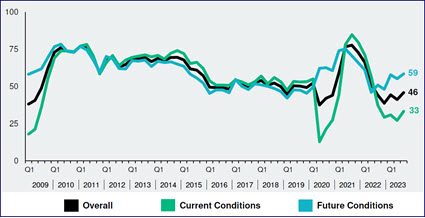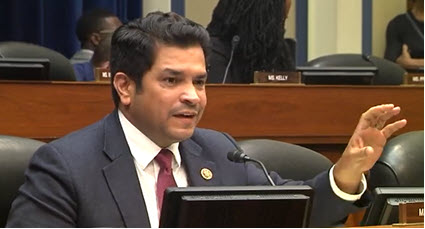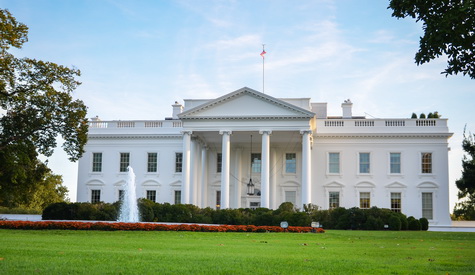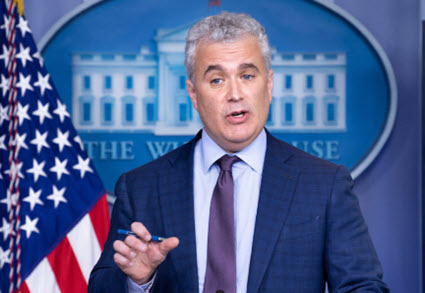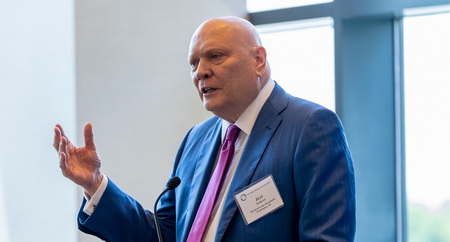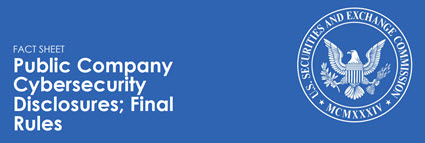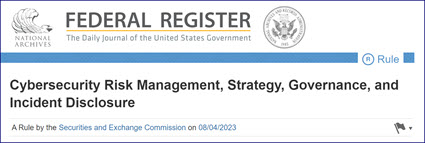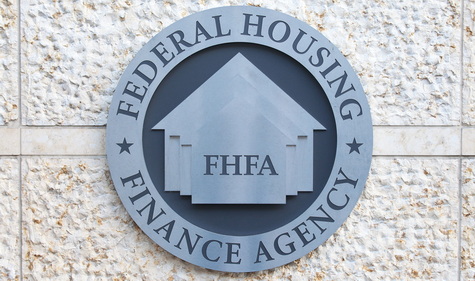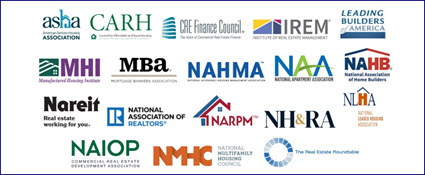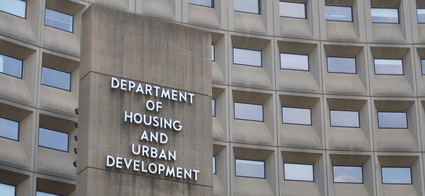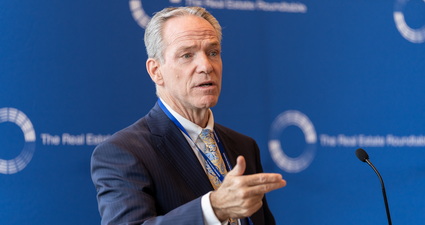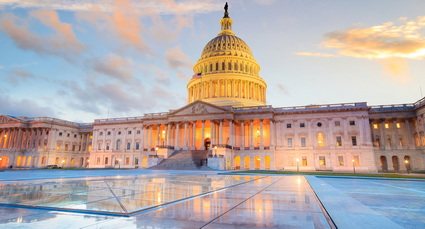 The Biden administration issued two new rules this week impacting real estate construction and investments in clean energy projects.
The Biden administration issued two new rules this week impacting real estate construction and investments in clean energy projects.
- Davis-Bacon: The U.S. Labor Department on Tuesday issued a final rule to overhaul Davis-Bacon standards that determine prevailing wages for workers on construction projects covered by a federal contract or financially assisted by federal grants, loans, guarantees or insurance.
- Construction association AGC issued a statement expressing “preliminary” concerns that “this rulemaking critically missed an opportunity” to inject “more accurate data” in processes to establish prevailing wage rates in local markets across the nation.
- Laborers and mechanics constructing transportation, energy, water, toxic site clean-ups, and other infrastructure financially supported by the bipartisan Infrastructure Investment and Jobs Act (IIJA) must meet the new Davis-Bacon requirements. (IIJA project map)
- Inflation Reduction Act (IRA) projects receiving clean energy tax incentives are not required to meet Davis-Bacon rules, but they can qualify for increased credits and deductions if workers are paid prevailing wages. (RER’s IRA fact sheets)

- “Bonus” Tax Credits: The Treasury Department and IRS on Thursday released final rules explaining how IRA “bonus credits” can be awarded to solar, wind, and associated storage projects in low-income communities. (The Hill, August 10)
- Qualifying projects in census tracts eligible for new market tax credits (NMTCs) can receive a 10% solar credit boost, while those supported by low-income housing tax credits or Section 8 rental assistance can receive a 20% solar credit increase. (RER’s IRA “bonus rate” chart)
- The “bonus” incentives – over “base” rate tax credit amounts – are competitive. Bonuses will be awarded through an application process run by the U.S. Department of Energy scheduled to open this fall.
The Roundtable submitted comments in June when the IRS proposed the “bonus credit” program. (Roundtable Weekly, June 30). It will update its summary of IRA-related agency guidance following analysis of the newly issued rule.
# # #
